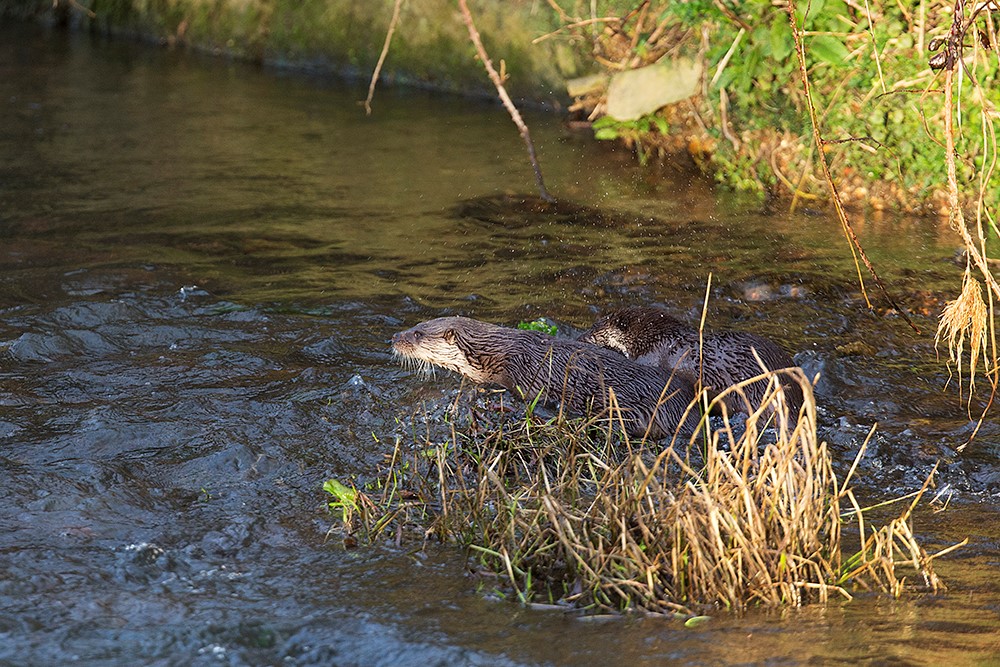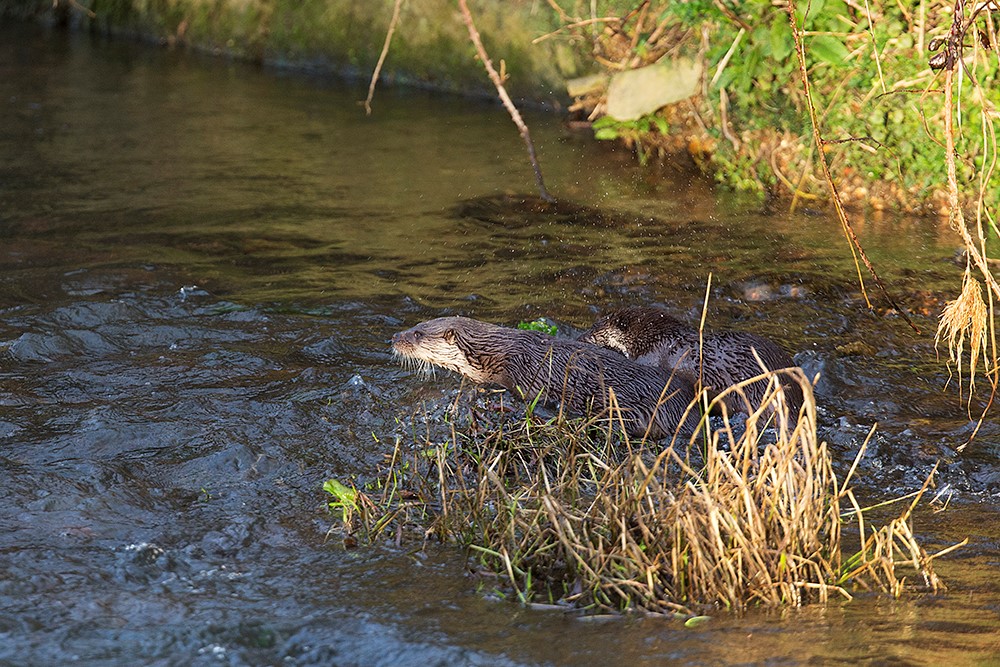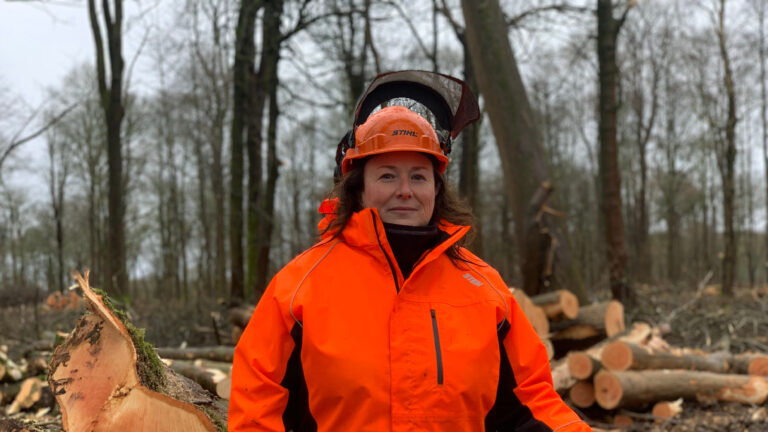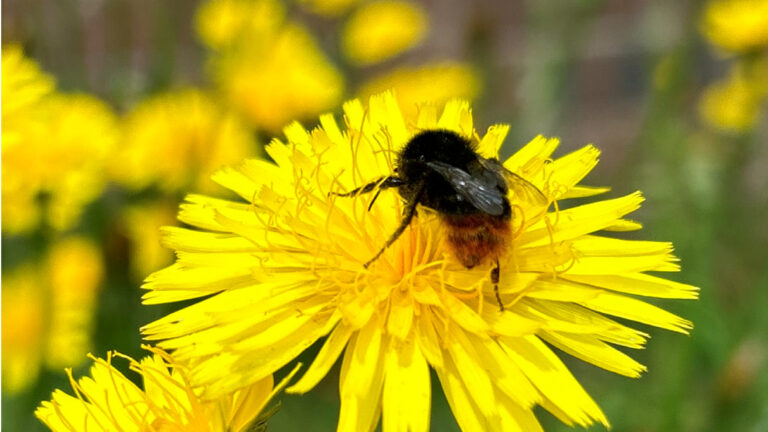World Rivers Day is an opportunity to highlight some of the many protected river systems on the training estate. Rural Estate Delivery Advisor David Blake tells us more about some of the spectacular rivers in the South West Region, the wildlife they support and why the training estate is important to the region’s water supply. Interview by Sebastian Blake.

Pictured above: a otter splashing about in a local river in the South West by Wessex Wildlife Photography.
Q: What rivers in the South West region have a protected status?
A: The Salisbury or Hampshire Avon (Avon meaning “river” ) the catchment of which includes much of the Salisbury Plain Training Area (SPTA) and the River Frome which borders the Bovington Training Area. Both are Sites of Special Scientific Interest (SSSI) and the River Avon is a Special Area of Conservation (SAC).
Q: What makes these rivers Special?
A: The Avon is a thought to have more fish species than any other in the UK. It is biologically diverse because it drains a catchment that includes a large area of calcareous grassland and is fed from springs in the underlying chalk. It is very productive and provides many different habitats for species. The Avon has its protected status because it supports six species of water crowfoot (a plant in the buttercup family), Desmoulins whorl snail, bullhead, salmon and two species of lamprey which are a living fossil. The River Frome has a similar variety of plants and animals. Additionally, both rivers support species such as water vole, king fisher and trout.
Q: How is military training managed to ensure the rivers are not damaged?
A: Physically the rivers are protected by “Bridging Points” e.g. bridges which stop military vehicles from needing to enter water courses. Vehicle wash-downs have been created to ensure mud and pollutants on vehicles are removed in a controlled environment to prevent contamination of water courses.
However, the protection provided by the military is more general. The training estate largely consists of low intensity farmland. The land has low or no fertiliser usage preventing nutrient pollution which is damaging rivers across the country. Tenant farmers receive financial support through agri-environment schemes to maintain the low impact farming methods and protect water courses. This is important in providing clean water for large river catchments. The Salisbury Plain Training Area alone provides low impact farming area the size of the Isle of Wight while Dartmoor is the source for 13 rivers in the region. Without the military presence on the training estate it is likely more intensive farming would have occurred reducing river quality nationwide.
Q: What condition are the rivers in?
A: The Avon and Frome are in good condition. Landmarc and DIO work to reduce pollution, particularly of silt. For example at Bovington sand traps have been created to prevent sand and silt from reaching the River Frome. The silt would cause turbidity e.g. cloudy water which kills plant life.
Q: How do we work with local organisations and individuals to manage the rivers?
A: Landmarc works closely with DIO and Tenant Farmers to reduce any impact on rivers from training activities. Landmarc also has close links to local fishing clubs and the Services Dry Fly Fishing Association who act as the eyes and ears for river health and report concerns to Landmarc.
Q: What is your favourite species?
A: Otters, because they are so much fun and really interesting to watch. They have made the most amazing comeback in recent years having almost disappeared due to pollution. Otters love eating signal crayfish, a highly invasive species that spreads “crayfish plague” to our native white-clawed crayfish
Q: What can we all do to help rivers?
A: Use environmentally friendly household products such as dishwasher tablets or detergents to make a big collective difference to water quality. On the estate make sure you prevent fuel spills to protect water courses.




